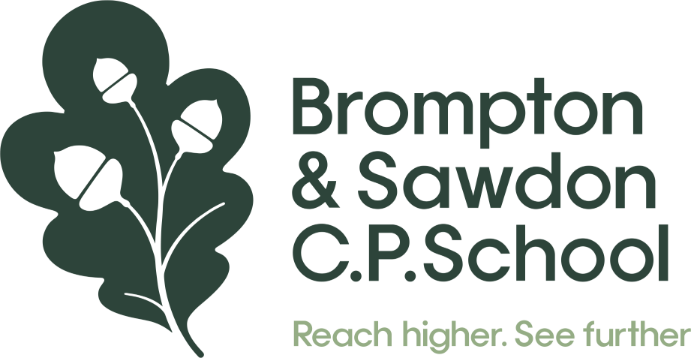Our philosophy for Early Years at Brompton and Sawdon Primary School
At Brompton and Sawdon School, we understand that children learn best when they are absorbed, interested and active. We understand that active learning involves other children, adults, objects, ideas, stimuli and events that aim to engage and involve children for sustained periods. We believe that Early Years education should be as practical as possible and therefore, we are proud that our EYFS setting has an underlying philosophy of ‘Learning through play’. Play is essential for children’s development across all areas. Play builds on children’s confidence as they learn to explore, to relate to others around them and develop relationships, set their own goals and solve problems. Here at Brompton, children learn by leading their own purposeful play, and by taking part in play which is guided by adults.
Our children are provided with a range of language rich, purposeful and first-hand experiences which develops their understanding of the changing world around them. Our skilled practitioners plan a curriculum which inspires the children through topic led activities, however we ensure that the day to day intent of our learning comes directly from the intended next steps of individual children.
Children experience whole group and small group collaboration as we recognise the importance of back-and-forth interactions. They have a daily phonics session following the validated Little Wandle scheme, as well as learning to read and write using books which are matched to their phonetic ability at home and in timetabled sessions. They engage actively in stories, story-telling and role play, as we foster the early stages of a life-long love of reading in all of our children. We also aim to develop a strong grounding in number early on in our children’s education, allowing them to excel mathematically as they progress through our school. This is done through a daily mathematic input, where children are encouraged to look for patterns, spot connections, ‘have a go’ and become skilled in their understanding of number. We allow our children to talk to adults and peers about their learning, to offer reasoning for their findings and not to be afraid of making mistakes.
